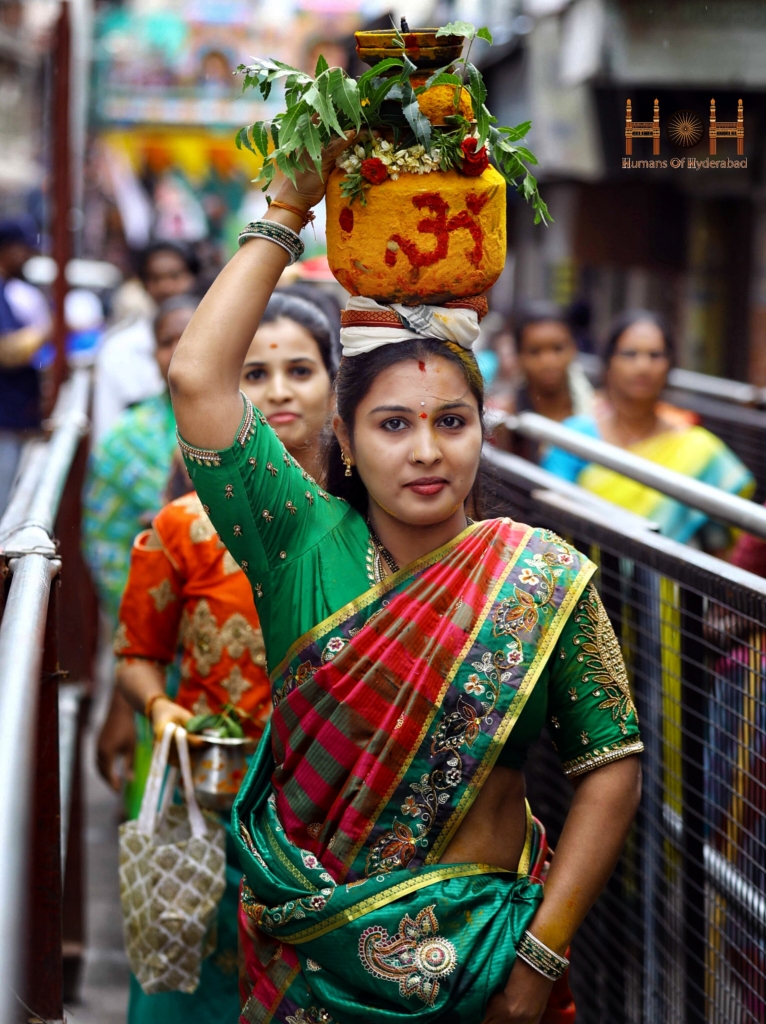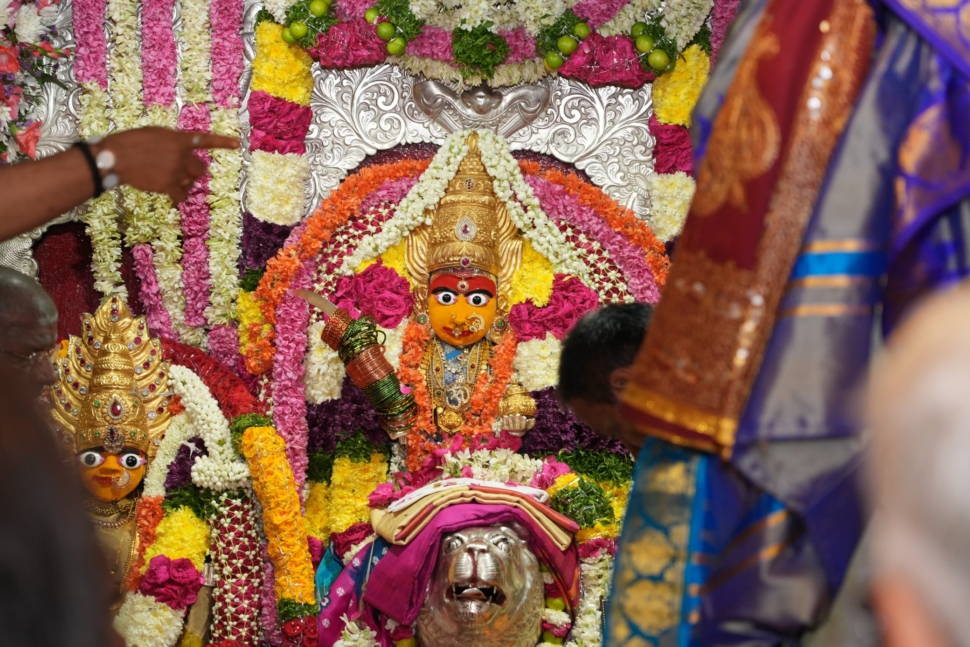The annual Bonalu celebrations during Ashada Masam see the Ujjaini Mahankali Temple in Secunderabad emerge as a central point for festivities across Telangana. This tradition boasts a history spanning over 200 years.
Historical accounts indicate that the origins of Bonalu trace back to the early 1800s. During a severe plague outbreak in Hyderabad, residents sought divine intervention from Ammavaru, a formidable manifestation of the Goddess. Following the abatement of the epidemic, devotees fulfilled their vows by offering Bonam—a preparation of rice cooked with jaggery and curd, presented in decorated pots along with neem leaves, turmeric and flowers as an act of devotion. This practice, initially a response to a crisis, subsequently evolved into an annual ritual, integrating itself into the community’s cultural identity over time.
The Bonalu festivities at the Ujjaini Mahankali Temple are recognized among the largest and most influential celebrations. The temple bears the name of the Mahankali of Ujjain, Madhya Pradesh, with lore suggesting its establishment in Secunderabad by soldiers from the Nizam’s army. Consequently, this specific manifestation of Ammavaru holds a spiritual historical connection to the narrative of Secunderabad.

The offering of rice with jaggery and curd to Ammavaru during Bonalu serves as an expression of gratitude. The festival is understood not merely as a traditional custom but as a manifestation of faith, and cultural heritage.
:
#Bonalu #UjjainiMahankaliAmmavaru #TelanganaFestival #Ashadam #HyderabadCulture
